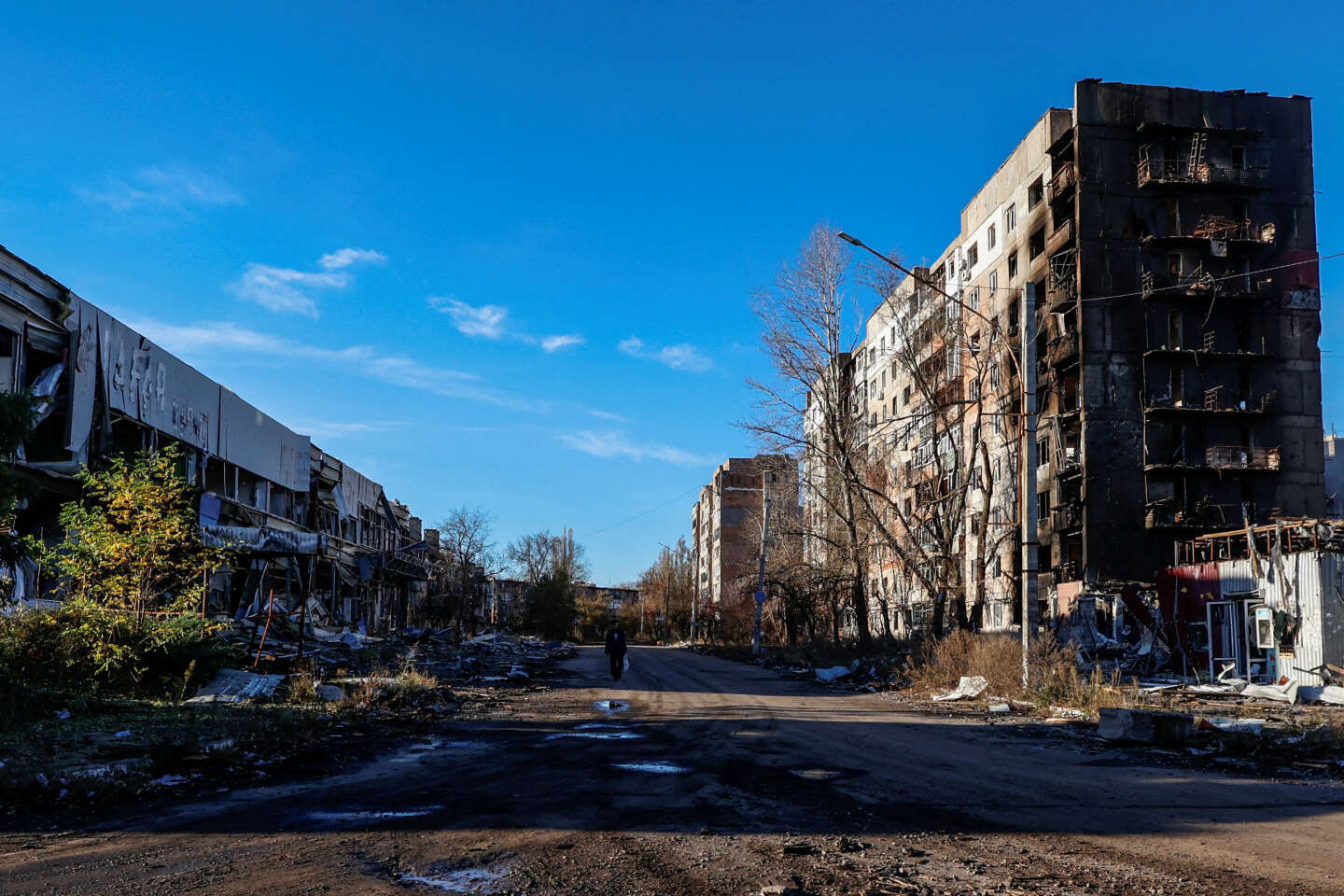


The Ukrainian government's 2024 budget, approved by Parliament on Thursday, November 9, anticipates a huge deficit of around $44 billion (€41.22 billion), mainly for financing the country's ongoing war effort. Ukraine is dependent on foreign aid, which has already reached $34 billion since the start of the year, and was $31 billion by 2022. While its needs for 2024 will be equally substantial, support from its two main donors shows signs of weakening.
The European Union's (EU) promise to pay €50 billion over three years to 2027 is being opposed by Hungary. The $61.4 billion promised by US President Joe Biden has stalled in Congress. In the long term, Ukraine fears losing its supporters. Not only is war in the Middle East diverting the international community's attention, but its counter-offensive is not meeting with the hoped-for success.
The country has its sights set on another source of income, one much less dependent on the vagaries of its allies' domestic politics. In early November, Ukrainian President Volodymyr Zelensky said he wanted to "take the money" from Russian assets frozen by Western countries since February 2022. The sums involved are substantial, with an estimated $300 billion frozen, including nearly €200 billion in the EU alone. The Central Bank of Russia had placed part of its foreign currency reserves there. Since the imposition of sanctions by Brussels in the wake of the invasion of Ukraine, Russia can no longer access these reserves.
These assets must now be used to rebuild the country. By September 1, 2023, destruction had reached $151 billion, according to the Kyiv School of Economics, and the country will need at least twice that amount to rebuild. Supporters of confiscation cite the precedent of 1992, when the US froze $32 billion of Iraqi assets after Iraq's invasion of Kuwait, before transferring them to a UN-managed fund intended to compensate victims.
Loss of Western influence
After the deadly and destructive invasion of Ukraine, is it conceivable that the frozen assets might one day be returned to Russia? Moscow, of course, is demanding this... invoking international law, which is particularly ironic. As Laurence Tribe, professor of constitutional law at Harvard University in Massachusetts, explained in a New York Times article in September: "There is simply no basis [in international law] for saying Russia can violate Ukraine's sovereignty while invoking its own sovereignty as an inviolable shield."
However, the confiscation of Russian assets is far from a unanimous issue. It could be perceived by many countries as a further mark of Western hegemony, tempting them to place part of their reserves in safe havens such as China or India rather than in Europe or the US, where they risk having them confiscated. This, in turn, would lead to a "de-dollarization" of the world economy and a loss of Western influence.
You have 20% of this article left to read. The rest is for subscribers only.
